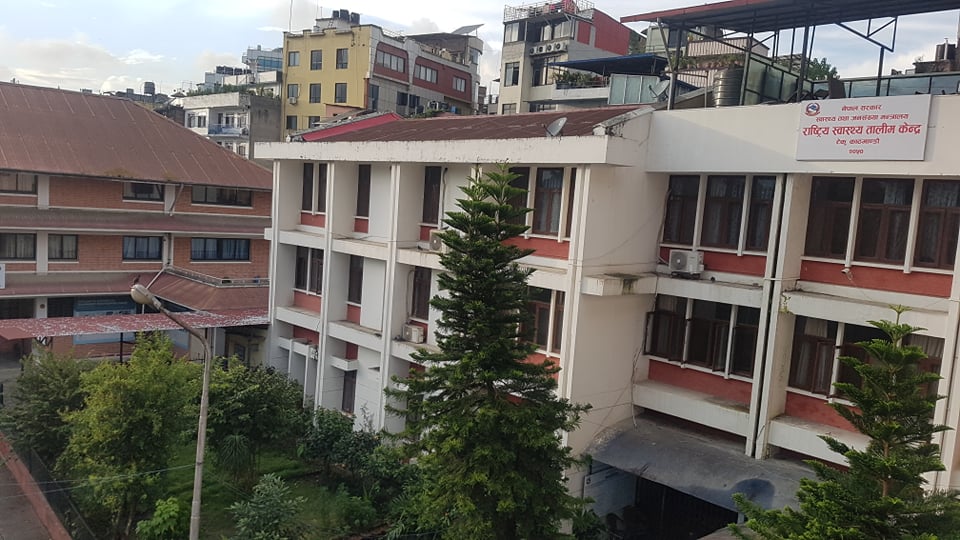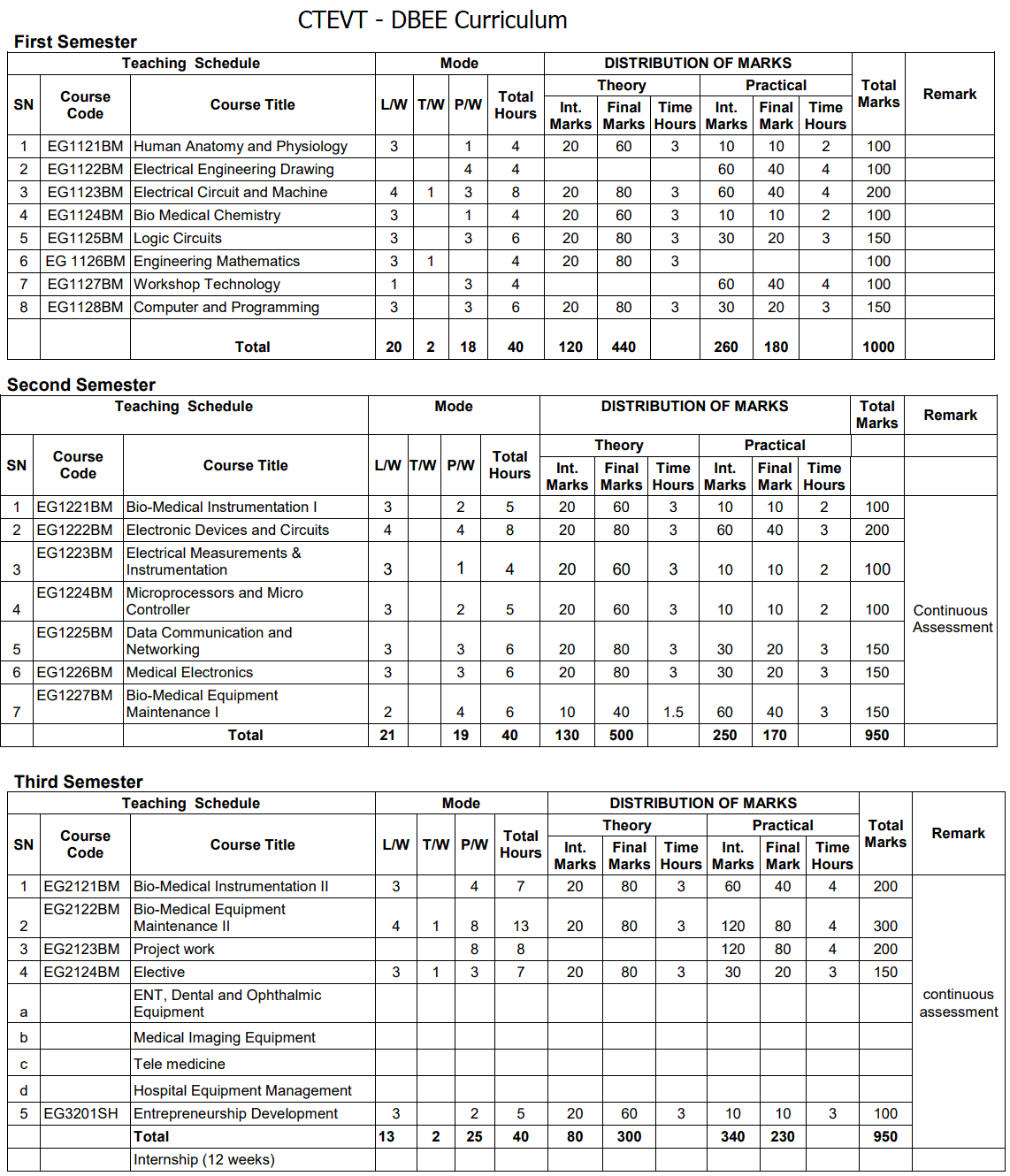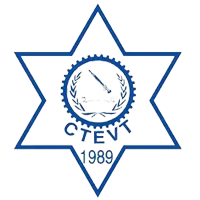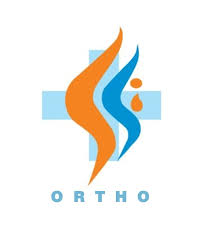Overview
Diploma in Biomedical Equipment Engineering (DBEE) at NHTC
The Diploma in Biomedical Equipment Engineering (DBEE) program at the National Health Training Center (NHTC), Teku, Kathmandu, Nepal, is affiliated with the Council for Technical Education and Vocational Training (CTEVT) and provides a solid base in the concepts and uses of biomedical technology.
This program specifically addresses the growing need for trained professionals to manage medical device maintenance, operation, and management within health facilities across Nepal. The DBEE program aims to create skilled technicians ready to contribute to improved healthcare.
It combines essential engineering concepts with specialized biomedical knowledge, providing students with an all-around education that prepares them for a fulfilling career. This biomedical equipment engineering curriculum is designed to give students the knowledge they need for the field.

Curriculum Details
The DBEE curriculum includes core engineering subjects and specific biomedical training. This approach ensures graduates possess the broad botanical understanding and specialized abilities required.
The curriculum includes core courses, specialization subjects, and elective options, ensuring students learn to match their interests and job needs.

Core Courses
The core courses provide the foundation of the DBEE program. These subjects are meant to give basic but essential mathematics, physics, and electrical engineering knowledge. Some core courses include:
-
Basic Mathematics: This course provides the essential math tools for engineering analysis and problem-solving. It includes calculus, algebra, and trigonometry, all used in biomedical engineering.
-
Engineering Physics: Covers the principles of mechanics, thermodynamics, optics, and electromagnetism, focusing on how they are used in biomedical equipment. Students learn the fundamental physical laws that govern the equipment.
-
Basic Electrical Engineering: This course introduces the concepts of electrical circuits, electronics, and measurements, all needed to understand how medical devices work. Students learn how electrical circuits operate.
-
Human Anatomy and Physiology: This course provides a basic understanding of the structure and function of the human body and how it relates to medical equipment. This understanding helps students use these devices properly.
-
Technical Drawing: This course provides skills in graphic representation and interpretation of technical designs. It helps students read and make technical drawings necessary for working with biomedical equipment.
-
Communication Skills: Improves written and oral communication abilities needed for professional interactions and documentation. This helps communicate well with health professionals and patients.
-
Computer Fundamentals: Introduces basic computer hardware and software and their uses in biomedical engineering. Students learn to use computer programs for data analysis.
Specializations and Electives
The DBEE program includes specializations and elective subjects, giving students the chance to focus on their specific interests:
-
Biomedical Instrumentation: This course focuses on the principles, functions, and uses of diagnostic and therapeutic biomedical instruments, such as ECG machines, patient monitors, and imaging devices.
-
Medical Imaging: Explores different imaging techniques such as X-ray, MRI, and ultrasound, helping students understand how these devices work and how they are used in medical diagnosis.
-
Biomedical Equipment Maintenance: This course focuses on the repair, maintenance, and troubleshooting of various medical devices, preparing students for real-world work situations.
-
Medical Device Management: Covers the operational aspects of medical equipment management, including procurement, storage, maintenance, and disposal.
-
Elective Courses: These may include subjects such as advanced imaging, rehabilitation engineering, or the application of computer science to biomedical issues.
Objectives: What Will You Achieve?
The main goal of the DBEE program is to create diploma-level biomedical equipment technicians who can provide technical services in different health facilities in Nepal. The objectives are:
-
To create middle-level technical professionals who can work effectively as biomedical technicians in different healthcare settings.
-
To reduce the country's country's foreign technicians by training local experts.
-
To teach students how the human body is related to biomedical engineering.
-
To prepare professionals to handle medical devices in healthcare facilities organizationally.
Scope: Career Possibilities
The scope of a DBEE is wide-ranging. The career growth for graduates includes positions in:
-
Hospitals and healthcare organizations where maintain and repair crucial medical equipment.
-
Medical equipment manufacturing companies are involved in developing and testing new devices.
-
Medical equipment sales and service companies, where they provide technical support to healthcare providers.
-
Research organizations, where they work on improving medical technology.
-
Government health departments where help in planning and policymaking for medical equipment.
Learning Outcomes: What Will You Learn?
After completing the DBEE program, students will be able to:
-
Show an understanding of basic engineering and how it applies to biomedical equipment.
-
Operate, maintain, and fix different types of medical devices.
-
Understand the basics of medical imaging techniques.
-
Apply safety rules and ethical considerations in biomedical engineering.
-
Work as a team and communicate with healthcare professionals.
-
Manage medical equipment in healthcare facilities effectively.
-
Apply knowledge in practical situations, focusing on troubleshooting and maintenance.
Skill Development Modules
The DBEE program uses different skill development modules to ensure students get real-world experience. These modules include:
-
Laboratory Training: Hands-on electrical, electronics, and biomedical instrumentation laboratory sessions.
-
Workshop Practice: Hands-on experience in repairing, maintaining, and assembly of medical equipment.
-
Project Work: Students work on real-world projects, guided by their instructors, to test their skills and knowledge.
-
Industrial Visits and Internships: Site visits to hospitals and healthcare organizations, plus mandatory internships that show students real work settings.
Teaching Methodology
The teaching methodology includes lectures, interactive sessions, lab work, and workshops to encourage active learning. The program uses:
-
Lectures and discussions that introduce theoretical knowledge.
-
Practical laboratory sessions for real-world experience.
-
Case studies to help students use what they have learned in real situations.
-
Workshops and training sessions to improve practical abilities.
-
Project-based learning to enhance problem-solving skills.
-
Regular assessments to measure students' students'
Faculty Expertise
The instructors for the DBEE program have extensive knowledge and experience in biomedical engineering, electrical engineering, and related areas. The faculty expertise includes:
-
Qualified professionals with strong academic backgrounds in engineering and technology.
-
Instructors with experience in the medical and healthcare fields.
-
Guest lecturers from relevant industries give diverse perspectives.
-
Dedicated faculty committed to teaching and mentoring.
Admission Requirements
To be considered for the DBEE program, candidates must meet the following admission requirements:
-
Must have completed 10+2 or equivalent in the science stream from NEB or a recognized institution.
-
Pass the entrance exam given by CTEVT.
-
Meet any additional requirements set by CTEVT and NHTC.
Career Opportunities
Graduates from the DBEE program have various career opportunities, including work in:
-
Hospitals, clinics, and other healthcare settings.
-
Medical equipment manufacturing and supply companies.
-
Government health organizations.
-
Research facilities.
-
Private service companies.
-
Biomedical equipment sales.
-
Medical equipment repair and maintenance.
Student Life and Extracurricular Activities
NHTC provides a supportive setting for students, offering ways to grow personally and professionally. Student life and extracurricular activities include:
-
Access to library and internet services.
-
Opportunities for sports, cultural activities, and student clubs.
-
Workshops and seminars that improve professional skills.
-
Student support and counseling for academic, social, and personal issues.
Scholarships and Financial Aid
NHTC offers at least 10% scholarships for the DBEE program and helps students find external financial aid and scholarships.
This support is available to students who demonstrate academic potential and financial need.
Why Study DBEE?
Studying DBEE offers several benefits:
-
The chance to work in a growing and vital field.
-
Development of practical and theoretical skills.
-
The chance to contribute to better healthcare in Nepal.
-
A variety of career growth in both public and private sectors.
-
The chance to develop technology skills that are used in many areas.
Why Study DBEE Programs at NHTC?
Choosing to study the DBEE program at NHTC provides students:
-
A close link with the Ministry of Health and Population (MoHP) ensures the curriculum is relevant.
-
Experienced and qualified instructors.
-
It has a strong focus on practical training and professional development.
-
A network of connections with hospitals and healthcare facilities can lead to internships and jobs.
-
A learning environment that focuses on quality, ethics, and practical application.
Conclusion
The Diploma in Biomedical Equipment Engineering (DBEE) program at NHTC is a well-planned educational program that prepares students for a promising career as biomedical equipment technicians. The program provides the theoretical understanding and practical skills needed to align with Nepal's national health strategies. By choosing NHTC for your DBEE program, you are taking a step towards a fulfilling career in the healthcare field. The program provides many career opportunities and the chance to improve Nepal's healthcare system by being a knowledgeable professional.

















